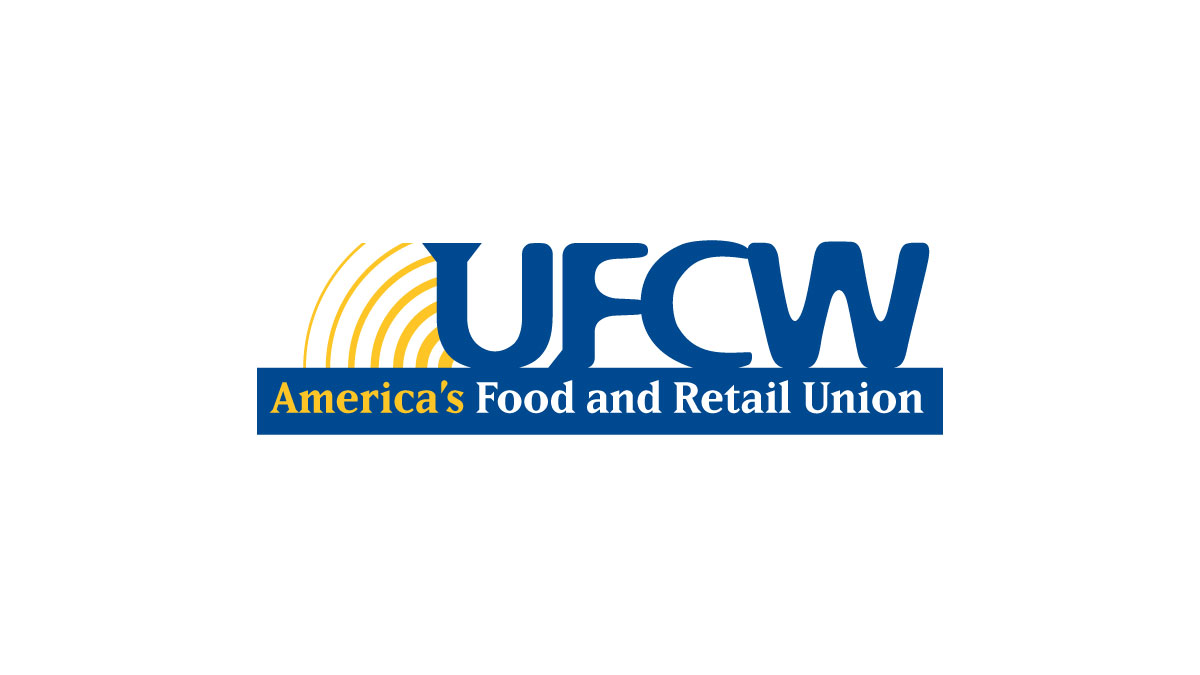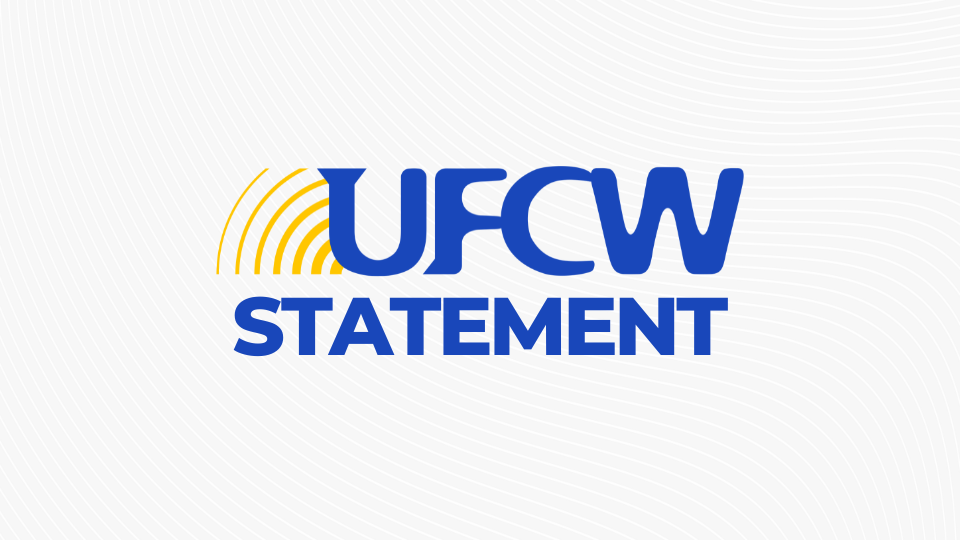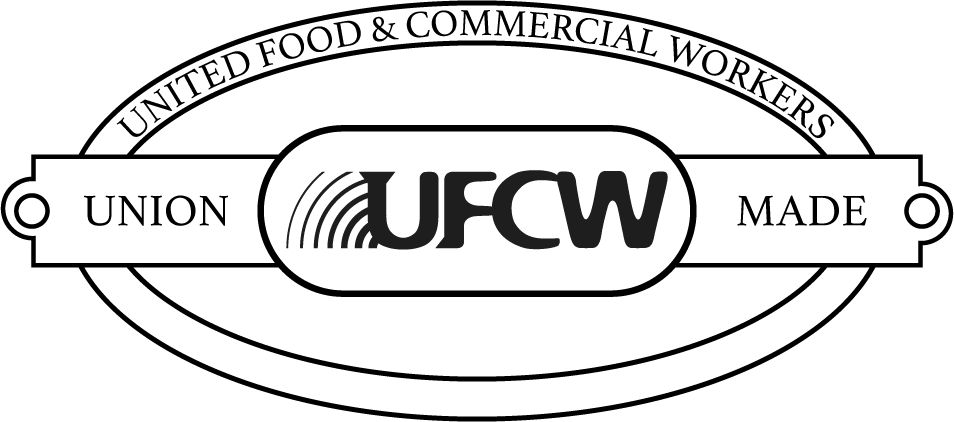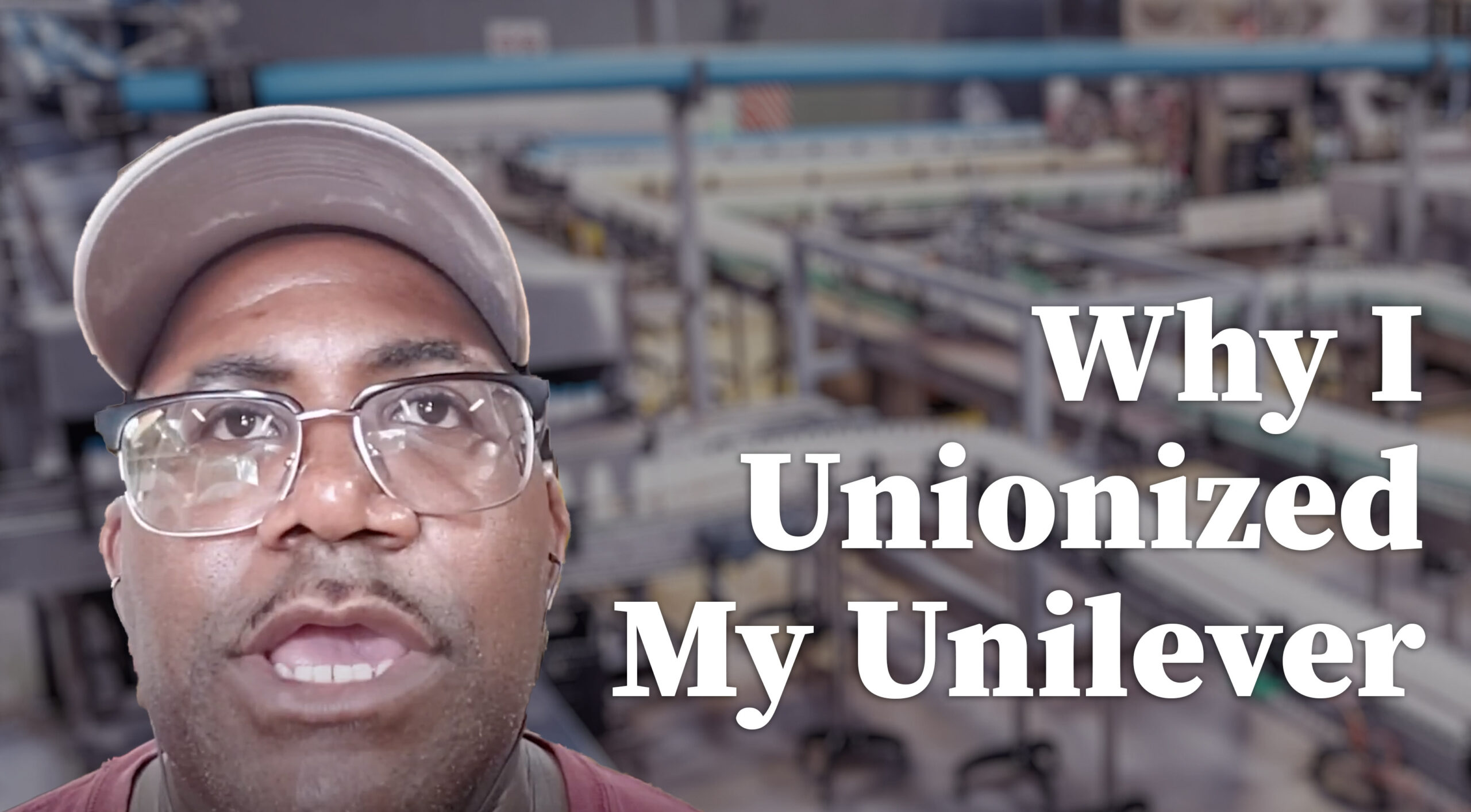United Food And Commercial Workers International Union Industry Pension Fund

For over six decades, the United Food and Commercial Workers International Union (UFCW) Industry Pension Fund has stood as a cornerstone of retirement security for hundreds of thousands of grocery workers, meatpackers, and other essential personnel across the United States. However, recent years have seen mounting concerns about the fund's long-term solvency, mirroring the challenges faced by many multiemployer pension plans navigating volatile economic conditions and shifting demographics.
The future of the UFCW Industry Pension Fund is more than just a financial matter; it’s a promise made to hardworking individuals who have dedicated their careers to keeping America fed. Understanding the intricacies of its current state, the contributing factors, and potential solutions is critical for all stakeholders, from union members and employers to policymakers and the public.
The Promise and the Peril
The UFCW Industry Pension Fund, like many multiemployer plans, operates on contributions from both employers and employees within a specific industry and geographic region. These contributions are pooled together, invested, and then used to provide retirement benefits to eligible members upon retirement.
The goal is to ensure a stable and predictable income stream for retirees, supplementing Social Security and personal savings. The reality, however, has been complicated by several factors.
Contributing Factors to the Fund's Challenges
One significant factor is the changing demographics of the workforce. As the ratio of active workers to retirees decreases, there are fewer contributions coming in to support a growing number of beneficiaries.
This demographic shift puts immense pressure on the fund's financial resources. Increased longevity also means that retirees are drawing benefits for longer periods, further straining the system.
Economic downturns and market volatility play a significant role. During recessions, employer contributions may decline as businesses struggle, and investment returns can suffer, eroding the fund's assets.
The 2008 financial crisis had a particularly devastating impact on many pension funds, including the UFCW plan. While the market has recovered since, the lingering effects are still being felt.
Changes in the retail landscape have also contributed to the fund's challenges. Increased competition from non-unionized companies and the rise of automation have led to a decline in union membership in some areas, reducing the number of contributing employers and workers.
The Impact on Workers and Retirees
The potential insolvency of the UFCW Industry Pension Fund is causing widespread anxiety among current workers and retirees. Many are concerned about the possibility of benefit reductions or even the complete loss of their retirement income.
For those nearing retirement, the uncertainty surrounding the fund makes it difficult to plan for the future. Retirees who rely on their pension benefits to cover essential living expenses face the prospect of significant financial hardship.
The impact extends beyond individual financial security. The loss of pension benefits can ripple through communities, affecting local economies and increasing the demand for social services.
Potential Solutions and Paths Forward
Addressing the challenges facing the UFCW Industry Pension Fund requires a multi-faceted approach. Several potential solutions are being explored, each with its own set of advantages and drawbacks.
Benefit Reductions
One option is to reduce the benefits paid to current and future retirees. This is a difficult but sometimes necessary step to preserve the fund's long-term solvency.
However, benefit reductions can have a devastating impact on retirees who are already struggling to make ends meet. Such a decision would almost certainly face strong opposition from union members and retirees.
Increased Contributions
Another approach is to increase contributions from employers and employees. This would provide more immediate funding for the fund and help to close the gap between assets and liabilities.
However, increased contributions could put a strain on businesses, particularly smaller employers. It could also reduce the take-home pay of workers, making it a less palatable option.
Government Assistance
Some argue that the federal government should provide financial assistance to struggling multiemployer pension plans. This could take the form of loans, grants, or other forms of direct support.
The American Rescue Plan Act of 2021 included provisions to provide financial assistance to multiemployer pension plans through the Special Financial Assistance Program (SFA) administered by the Pension Benefit Guaranty Corporation (PBGC). This program has provided a lifeline for some funds, including the UFCW plan.
However, government assistance raises concerns about taxpayer burden and the long-term sustainability of such programs.
Investment Strategies
The fund can also consider adjusting its investment strategy to seek higher returns. This could involve diversifying into new asset classes or taking on more risk.
However, higher-risk investments also come with the potential for greater losses. Careful consideration must be given to balancing risk and reward.
Mergers and Consolidations
Consolidating smaller pension funds into larger, more diversified entities can potentially improve efficiency and reduce administrative costs. Mergers can also provide a larger pool of assets to invest and better weather market fluctuations.
The Role of Stakeholders
Finding a sustainable solution to the challenges facing the UFCW Industry Pension Fund requires collaboration and compromise from all stakeholders. Union leaders, employers, government officials, and retirees must work together to find a path forward that protects the interests of everyone involved.
The UFCW International Union has been actively engaged in advocating for policies that support multiemployer pension plans. The Union has also worked with employers to negotiate contribution levels that are sustainable for both parties.
Employer representatives play a crucial role in ensuring that contributions are made on time and in accordance with the terms of collective bargaining agreements.
Looking Ahead
The future of the UFCW Industry Pension Fund remains uncertain. While the Special Financial Assistance Program has provided some temporary relief, long-term solutions are still needed to ensure the fund's solvency.
The conversations and negotiations surrounding the future of the fund will likely continue for years to come. The outcome will have a profound impact on the lives of hundreds of thousands of workers and retirees.
Navigating these complex issues requires a commitment to transparency, open communication, and a willingness to compromise. The stakes are too high to allow partisanship or self-interest to stand in the way of finding a solution that protects the retirement security of those who have dedicated their lives to essential work.

















